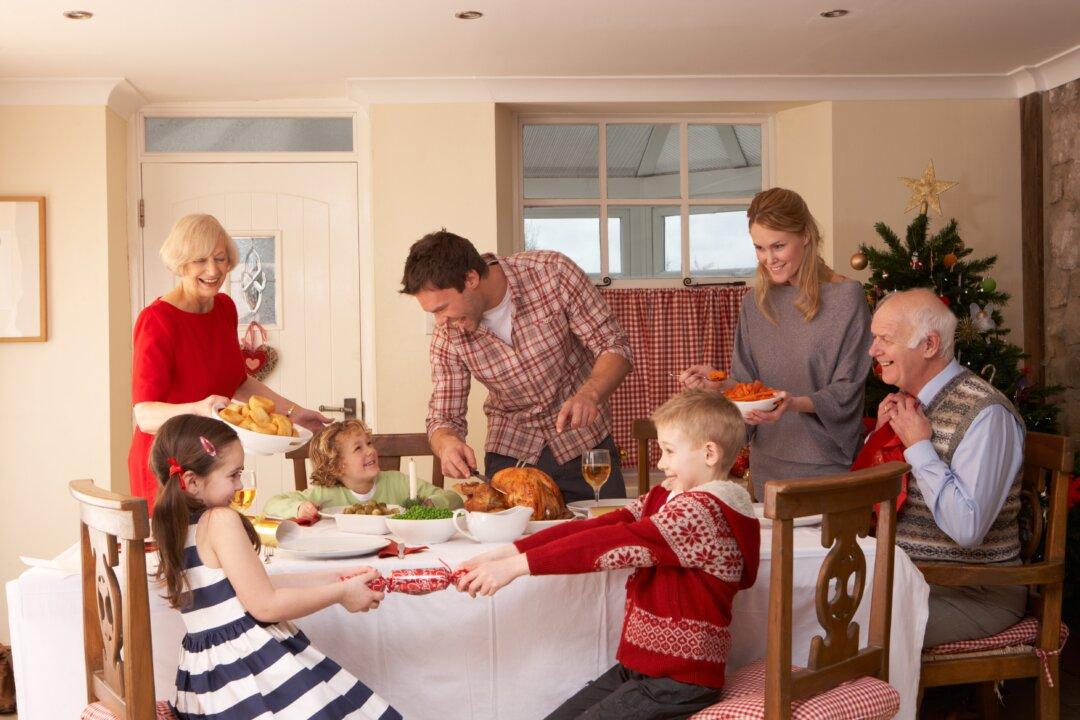From birthdays to weddings and graduations, this year has seen many personal celebrations canceled, while communal festivities such as Bonfire Night, Eid, and Diwali either haven’t been celebrated or have been more subdued. So it might feel tempting to downplay Christmas, too, especially with concerns that people mixing more freely could lead to a third wave of COVID-19.
However, it will be more important this year than ever before to engage in the celebrations and rituals of Christmas and New Year. There’s plenty of evidence to suggest that entering wholeheartedly into the spirit of the season—while keeping to 2020’s limitations—will be very good for our mental health. After a tough year, this might be exactly what we need.

